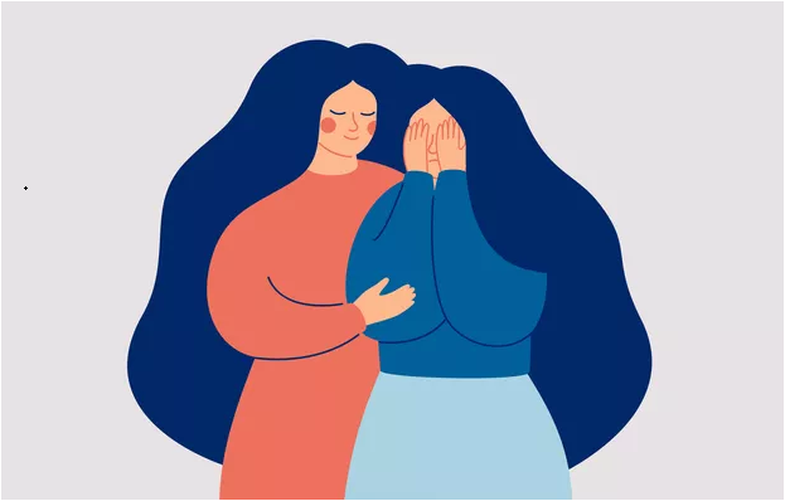
Crying can be a healthy response to a wide range of situations. But it can be helpful to know how to stop the tears when you'd rather not be seen crying (like at work, for example, or when you're angry and in the middle of an argument with your partner).
When you feel yourself starting to choke up with tears, focus on what's going on around you instead of what's going on inside your head. "Look around and think of five things you can hear, four things you can see, three things you can touch, two things you can smell and one thing you can taste," recommends psychologist Melissa Geraghty.
If you're giving an emotional speech or speaking at a funeral service, preparing beforehand can also help, she adds. Practice what you're going to say out loud in front of a mirror so you're mentally prepared to talk about the topic. Breathe slowly and deeply when it's time to speak.
When to ask for help? There is nothing wrong with being a person who cries easily. But you should talk to a mental health professional if the tears are related to feelings of depression or if the crying is interfering with your day, says Geraghty. In rare cases, frequent crying for no reason can also be a sign of a brain tumor.
"When crying is accompanied by personality changes, it should be evaluated by a doctor," recommends Geraghty.





